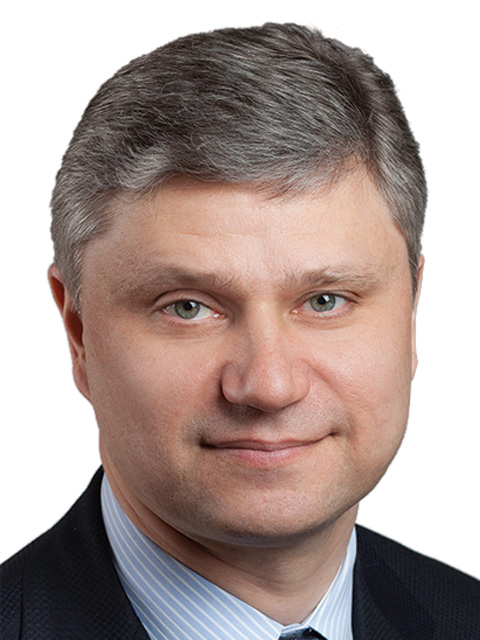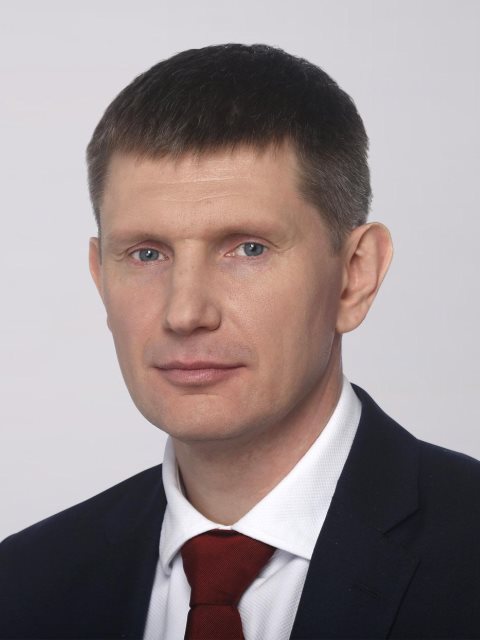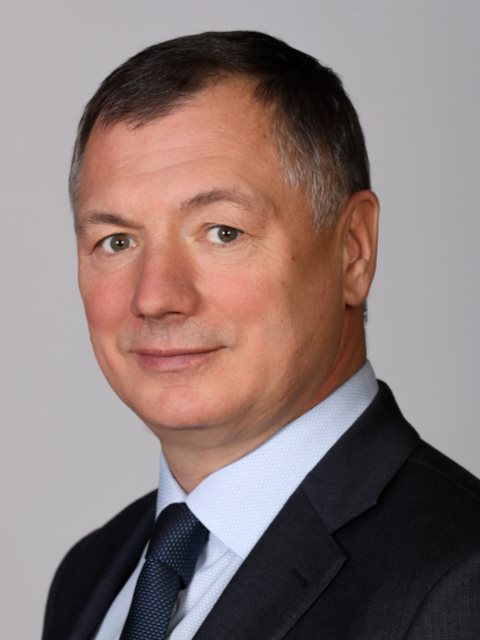Qualitative Growth: The Expansion of Agglomerations in Response to Global Challenges
Agglomerations have expanded greatly as a result of the pandemic. Eighty per cent of Russians have expressed satisfaction with working remotely, and do not wish to go back to how things were before. One of the consequences of this is that people are basing themselves increasingly further from urban centres. Whereas in the recent past it was necessary to live within 1.5–2 hours of the office, it is now possible to live much further away and only travel into the city a few times a week. At the same time, people are still able to take full advantage of the city’s social infrastructure. Over the past few years, the populations of large agglomerations surrounding various cities have come to exceed those of the cities themselves by several orders of magnitude. The pandemic has driven a process whereby agglomerations are increasingly being built, and economic resources are being concentrated in areas outside the city limits. At the same time, large cities possess substantial resources, enabling them to facilitate development and respond to crises. Indeed, major global centres have enacted their own plans to support residents and local businesses during the pandemic. These have played a key role in restoring consumer activity and kick-starting economic recovery. Major cities around the world have begun to unlock the potential of their surrounding areas. The Greater Paris Project and Tokyo agglomeration are two such examples. In Moscow, a whole set of programmes have been launched to these ends. The systemic redevelopment of former industrial zones is another factor behind the recent growth of agglomerations. Due to increased efficiency and better technology, many industries no longer need large facilities. This has freed up huge spaces with good transport links for redevelopment. Indeed, 1,900 hectares are set to be redeveloped in Moscow under the city’s Industrial Quarters programme. This RUB 7 trillion investment project will also create more than half a million jobs. Given these trends, should urban development models undergo a systemic overhaul? What changes should be made to economic development policy to adapt to these new conditions? And how can agglomerations help boost national development as a whole?
Moderator
Vladislav Boutenko,
Managing Director, Senior Partner, BCG Henderson Institute Fellow; Head of "The Future of Cities" Global Expert Practice, BCG Moscow
Panellists
Oleg Belozerov,
Chief Executive Officer – Chairman of the Executive Board, Russian Railways
Jay Nibbe,
Global Vice Chair – Markets, EY Global
Patrick Ollier,
President, Metropole du Grand Paris (online)
Maksim Reshetnikov,
Minister of Economic Development of the Russian Federation
Sergei Sobyanin,
Mayor of Moscow
Marat Khusnullin,
Deputy Prime Minister of the Russian Federation
Vladimir Yakushev,
Presidential Plenipotentiary Envoy to the Urals Federal District
Front row participant
Serdar Berdimuhamedow,
Deputy Chairman, Cabinet of Ministers of Turkmenistan












